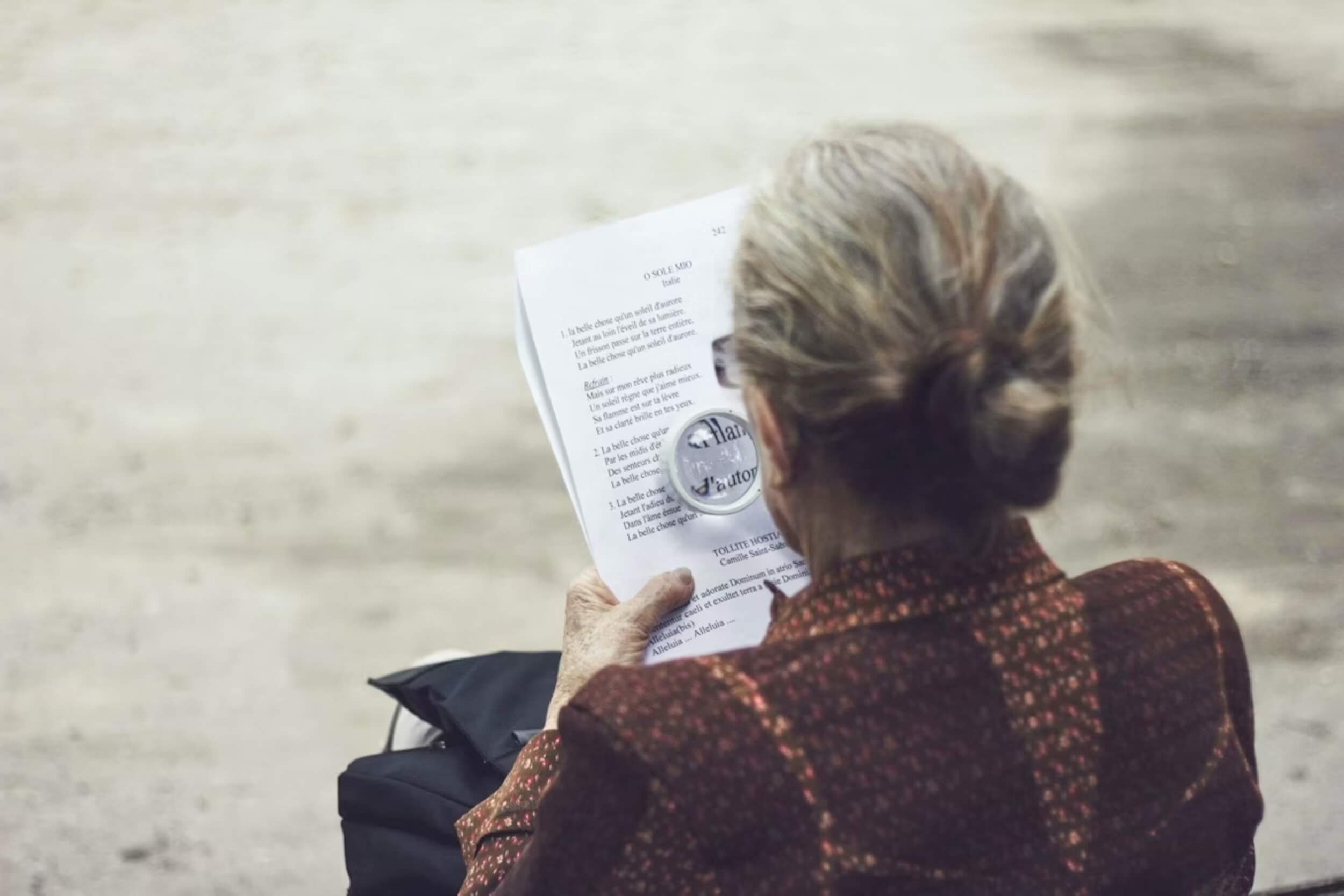When you hear about the oldest people alive—those who reach 100 and still laugh, cook, or walk daily—it’s hard not to wonder how they do it. Researchers who study them say the answer isn’t luck or magic—it’s small, steady habits built over a lifetime. These people often live in places called “Blue Zones,” where staying active, eating simple foods, and keeping strong family bonds are part of everyday life.
Their secret isn’t about having perfect genes, either. Studies show that only a small part of how long we live comes from genetics. The rest comes from how we live each day—what we eat, how we move, how we handle stress, and the people we keep close. Scientists have spent decades studying these patterns, and the message is clear: long life grows out of ordinary choices that add up over time.
Here’s what longevity researchers have learned — and the practical ways you can apply those findings.
Your Heart and Circulation
What Researchers Found
Among the i light chores—keeps blood flowing smoothly. A diet filled with fruits, vegetables, and beans helps reduce inflammation and supports the arteries.
What You Can Do
Small changes make a big difference:
- Move often. Aim for at least 30 minutes of activity most days—walk, dance, or do housework.
- Eat for your heart. Choose colorful foods like spinach, berries, and oats.
- Cut back on salt and sugar. These raise blood pressure and strain the heart.
- Take quiet moments. Deep breathing or prayer helps lower stress, which protects heart tissue.
These simple, steady habits are what help the oldest people alive keep their hearts strong.
Your Bones, Joints, and Muscles
What Researchers Found
Strong bones and steady muscles are another sign shared by the oldest people alive. Research shows they stay mobile through daily, natural movement. Regular walking, light lifting, and balance-friendly tasks like gardening help maintain strength and stability. Their diets are rich in calcium and vitamin D, both vital for keeping bones dense and joints flexible.
What You Can Do
- Stay active. Walk, climb stairs, or lift light weights several times a week.
- Get your calcium. Add yogurt, tofu, or leafy greens to your meals.
- Spend a few minutes in sunlight. Natural light helps your body make vitamin D.
- Avoid habits that weaken bones. Skip smoking and limit alcohol.
Staying strong doesn’t require a gym—just the steady movement that the oldest people alive do every day.
Your Metabolism and Digestive Health
What Researchers Found
Many of the oldest people alive follow a simple rule: stop eating before you’re completely full. This habit, known as hara hachi bu in Okinawa, prevents overeating and keeps metabolism balanced. A diet rich in fiber, beans, and vegetables keeps digestion smooth and helps control weight naturally.
What You Can Do
- Eat until you’re about 80% full. Give your body time to signal when it’s had enough.
- Choose high-fiber foods. Whole grains, fruits, and beans support gut health.
- Drink water regularly. Hydration keeps digestion running smoothly.
- Stay lightly active after meals. A short walk helps digestion and balances blood sugar.
The oldest people alive prove that eating mindfully and keeping meals simple can add healthy years to life.

Your Brain, Memory, and Thinking Skills
What Researchers Found
Sharp minds are common among the oldest people alive. Brain scans show that staying curious and social keeps the mind alert. They read, talk, play games, and keep learning new things. Movement matters too—daily activity boosts blood flow to the brain, lowering the risk of memory decline.
What You Can Do
- Keep learning. Try puzzles, reading, or a new hobby that challenges your mind.
- Move your body. Walking and stretching improve oxygen flow to the brain.
- Connect with others. Regular social time strengthens emotional and mental health.
- Eat for brain power. Fish, nuts, and berries feed the brain with omega-3s and antioxidants.
The lesson from the oldest people alive is simple—keep your brain busy and your heart open.
Your Immune System and Inflammation Control
What Researchers Found
A balanced immune system is a common trait among centenarians. Scientists find that the oldest people alive have low inflammation levels, thanks to plant-heavy diets, steady routines, and regular rest. Good sleep and colorful foods full of antioxidants help the body repair itself and fight off illness naturally.
What You Can Do
- Get enough rest. Seven to nine hours of sleep helps cells renew.
- Eat anti-inflammatory foods. Tomatoes, leafy greens, and olive oil support immunity.
- Find calm daily. Gentle breathing or quiet breaks lower stress hormones.
- Avoid smoking and processed foods. Both can trigger long-term inflammation.
When your body is calm and well-fed, it stays strong—just like the oldest people alive show us.
Your Hormones and Metabolic Balance
What Researchers Found
Researchers see a clear pattern in the oldest people alive: steady routines lead to steady hormones. Eating slowly, maintaining a healthy weight, and getting enough rest help keep insulin and cortisol levels balanced. These patterns protect cells from early aging and support energy levels.
What You Can Do
- Eat at consistent times. Regular meals help balance hormones.
- Avoid late-night snacks. They disrupt digestion and sleep.
- Focus on whole foods. Limit sugary and refined carbs.
- Rest well. Deep sleep allows your body to restore its natural rhythm.
When habits stay balanced, your body does too.
Your Skin and Cellular Aging
What Researchers Found
The oldest people alive often have healthy-looking skin well into their nineties. Researchers say it’s because they protect themselves from harsh sun, eat clean, and don’t smoke. Low stress and good hydration keep their cells younger and help repair damage.
What You Can Do
- Protect your skin. Use sunscreen and wear hats outdoors.
- Eat for glow. Foods with vitamins C and E help maintain collagen.
- Stay hydrated. Drink water throughout the day.
- Skip smoking. It limits blood flow and slows healing.
Your skin reflects your habits more than your age.
Your Social Life and Emotional Well-Being
What Researchers Found
Happiness and connection are huge parts of longevity. Studies on the oldest people alive show that close friendships and strong community ties protect both the heart and the mind. People who laugh, share meals, and stay socially active often live longer and feel better.
What You Can Do
- Stay in touch. Call or visit loved ones regularly.
- Give back. Volunteer or help neighbors—it builds purpose.
- Join something. Clubs, groups, or faith circles give belonging.
- Write what you’re thankful for. Gratitude improves mood and stress control.
Emotional health is more than just feeling happy—it’s one of the most powerful tools for long life.
Your Purpose and Outlook on Life
What Researchers Found
A clear sense of purpose is one thing all the oldest people alive share. In Japan, this idea is known as ikigai—having a reason to get up every morning. Studies show that people with purpose live longer, handle stress better, and stay motivated to take care of their health.
What You Can Do
- Find your why. Identify what brings meaning to your days—family, creativity, or helping others.
- Set small goals. Achievable daily tasks give structure and pride.
- Stay involved. Keep doing what you love, even in simple ways.
- Reflect regularly. A few quiet minutes each day can strengthen focus and gratitude.
A life with purpose doesn’t just feel better—it lasts longer.
Your Lifestyle Habits and Protection Strategies
What Researchers Found
Researchers studying the oldest people alive note that their strength comes from consistency. They rarely smoke, drink lightly, and stay active into their 90s. These lifelong habits protect DNA and energy systems from early breakdown.
What You Can Do
- Quit smoking completely. It’s never too late for your body to heal.
- Keep alcohol moderate. A small glass on occasion is fine, but not daily.
- Move daily. Even light chores count.
- Stay proactive. Get regular checkups to prevent problems early.
- Stick to simple routines. Small habits practiced daily create lasting health.
Final Thoughts on Living Long and Living Well
Living longer isn’t about avoiding age—it’s about aging with strength and peace. The habits of the oldest people alive—steady movement, plant-filled meals, social bonds, and meaningful routines—prove that the path to longevity is built from small, repeatable choices.
Every mindful action, from walking more to eating less sugar, adds protection to your cells and years to your life. Longevity isn’t hidden in a lab—it’s found in the way you live each day.














